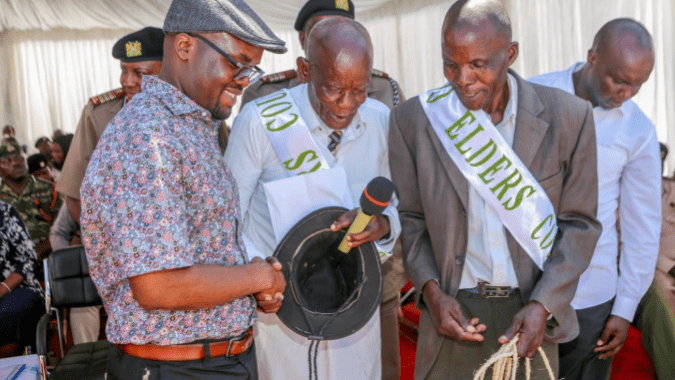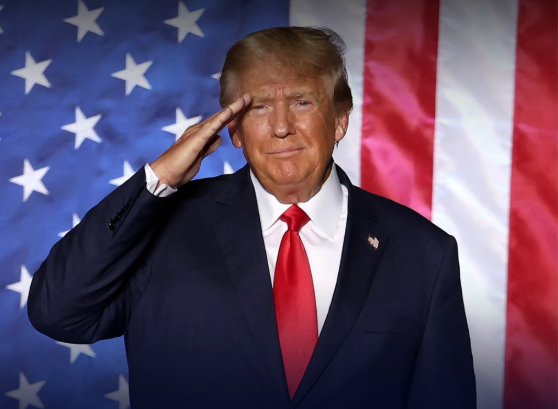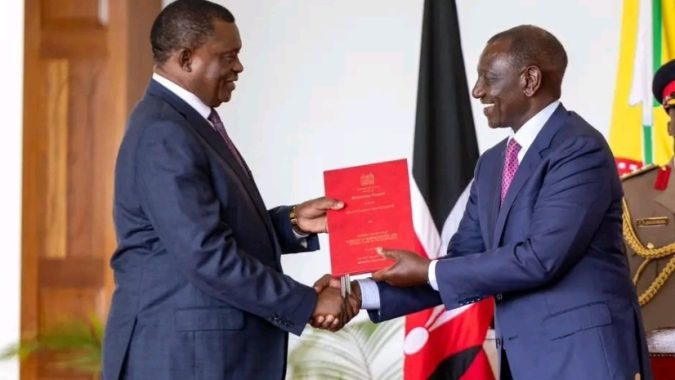Explainer: How govt plans to formally recognize and remunerate village elders

In August 2023, Deputy President Kithure Kindiki (then serving as Interior Cabinet Secretary) floated a government plan aimed at recognising and remunerating village elders under the Nyumba Kumi Initiative.
The plan was aimed at strengthening grassroots governance, security, and community development by actively engaging 106,072 village elders across the country through formal recognition and remuneration.
Kindiki appealed to the lawmakers to come up with an amendment of the National Government Coordination Act No. 1 of 2013 to provide for a village as the lowest administrative unit after a sub-location.
“Once the National Government Coordination Act, 2013 is amended to include a village as the lowest administrative unit after a sub-location, the ministry will come up with criterion of establishment of a village, considering the population, geographical area and social-cultural factors,” Kindiki told MPs in 2023.
Currently, the government has established the National Government Village Administration Policy which will see the village elders onboarded to the formal National Government Administration Infrastructure.
The policy identifies the qualification criteria of village elders and provides a framework for their facilitation.
The policy, according to the government, aims to streamline communication between the National Government and local and grassroots communities.
The policy also proposes a phased implementation of a monthly allowance of up to Ksh7,000 for all village elders, starting with a stipend of Ksh2,000 per month.
Eligibility criteria for village elders
For one to qualify to be a village elder, they must be recognised through public participation, must be a citizen of Kenya of sound mind, knowledgeable about the village, culture and residents and meet the requirements of Chapter Six of the Constitution;
The policy also stipulated that a village elder must be a visionary person with charisma and good standing in the community; and must be a resident of the respective village for a continuous period of not less than five years prior to the recognition date.
Roles and responsibilities of village elders
A village elder will be tasked with administering the village where they reside, documenting and maintaining a village incidents register, promoting peace, security and good governance in the village in collaboration with other relevant government agencies, participating in the settlement of civil disputes at the village level through Alternative Dispute Resolution (ADR) and provide intelligence and early warning information through the assistant chief.
Village elders will also provide liaison between the community and the National Government through the assistant chief, promote village welfare and cordial working inter-governmental relations within the village and any other lawful assignments from the assistant chief.
Author
Francis Muli
Francis Muli is a passionate digital journalist with over seven years of experience in crafting compelling stories across various platforms. His major focus is in business, politics and current affairs. He brings a keen eye for detail and a commitment to uncovering the truth. He has contributed to leading publications across the country. When not chasing stories, you can find Muli exploring new technologies, attending local events, or reading fiction. Connect with Francis Muli on X @FMuliKE and Facebook (Francis Muli) to follow his latest stories and insights.
View all posts by Francis Muli













